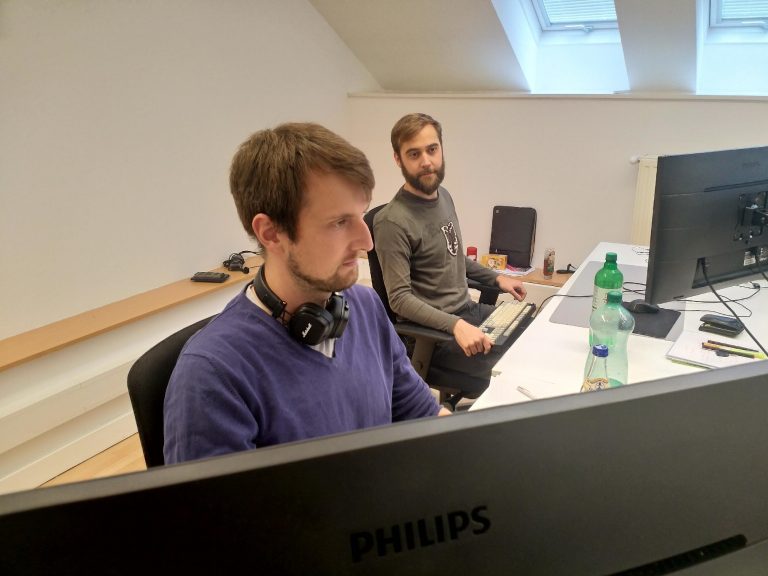Repositories enabling FAIR: Three Austrian universities go for InvenioRDM
Repositories are key in putting the FAIR principles into practice. Not only do they enable findability and access but they also provide persistent identifiers, documentation and metadata, thus fostering reusability for humans and machines.
Since Zenodo established itself as a very popular research data repository, interest in hosting their “own flavour of Zenodo” with custom adaptations and themes has grown for many institutions. This was also the case for three universities in Austria, namely TU Graz, TU Wien, and the University of Innsbruck. Seed funding from the Federal Ministry of Education, Science and Research allowed these universities to invest in collaborative development of an open source system.
During the process, TU Graz and TU Wien have become members of the InvenioRDM developer community. All parties benefit from this close collaboration for several reasons: the contributions are freely accessible to the entire community, while the Austrian institutions can focus on speeding up the development of features that they consider the most relevant. Additionally, the developers gain a lot of insight into the inner workings of the project during regular development sprints.

What does InvenioRDM currently offer?
Despite all challenges that are faced by an open source project like InvenioRDM, its development progresses steadily. In August 2021, the first LTS (long term support) version of InvenioRDM was released, which brought with it the last crucial updates necessary to use InvenioRDM as a minimum viable system in production: https://inveniordm.docs.cern.ch/releases/versions/version-v6.0.0/.
Some of the features that are already available include record self-upload, a customizable permissions system, a configurable integration of Keycloak as an OpenID-Connect authentication provider, and a share-by-link feature that allows sharing of various permissions on closed-access records with third-party users without requiring them to have an account in the system (similar to the same feature in Google Docs!).
What’s next?
Of course, the development of InvenioRDM is far from over and new features are continually added.
Among others, its developer community has identified the following features to be of particular interest:
- Integration of Communities (similar to Collections in other research data repositories)
- An internal system for various types of requests, e.g. requests for sharing access, deletion of records, adding records to Communities, etc.
- OAI-PMH endpoints to allow harvesting of metadata for stored records
- Metadata export in additional formats, for example Schema.org
- Closer integration with other services, for example ORCID and GitHub/GitLab
- COUNTER usage statistics: https://www.projectcounter.org/
By allowing the metadata to be exported in additional formats and adding interfaces for more external services like OAI-PMH, the FAIRness of InvenioRDM records is assured!
If you want to learn more about implementation processes in Austrian universities, you can contact Maximilian Moser at maximilian.moser@tuwien.ac.at
Written by: Barbara Sánchez and Maximilian Moser, both TU Wien Center for Research Data Management.
Please note: This article was first published on the GO FAIR News section on 25 October 2021: https://www.go-fair.org/2021/10/25/repositories-enabling-fair-three-austrian-universities-go-for-inveniordm/
